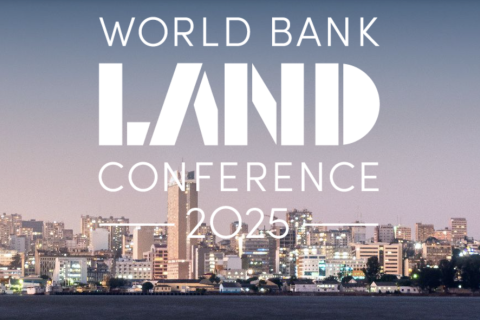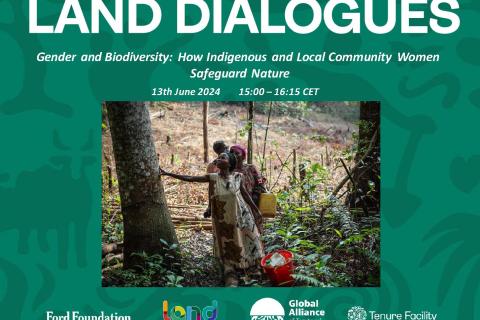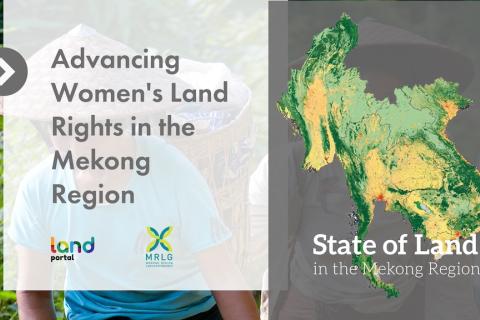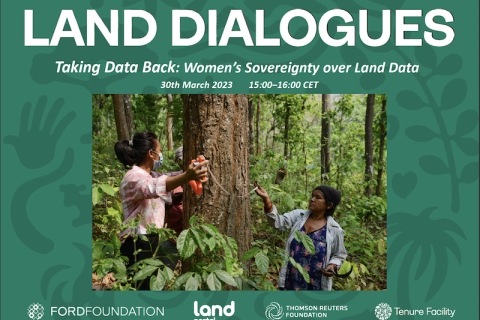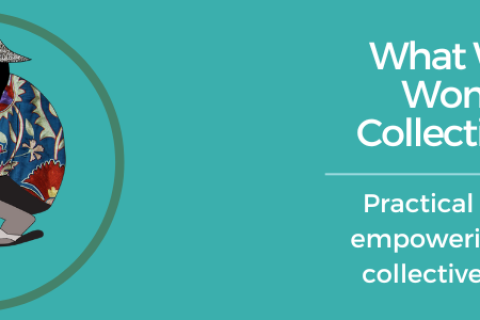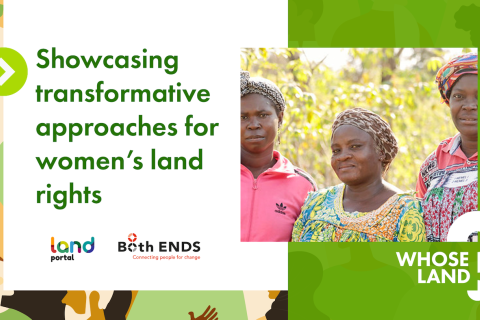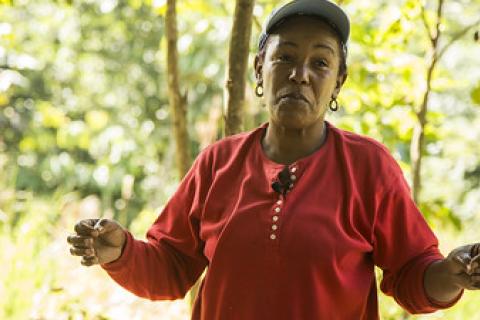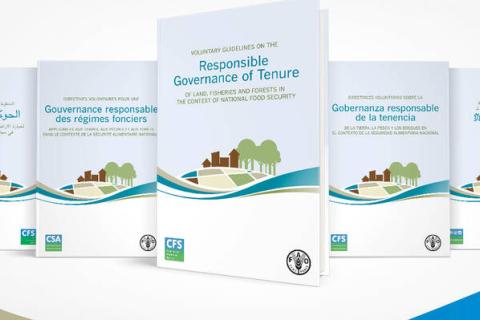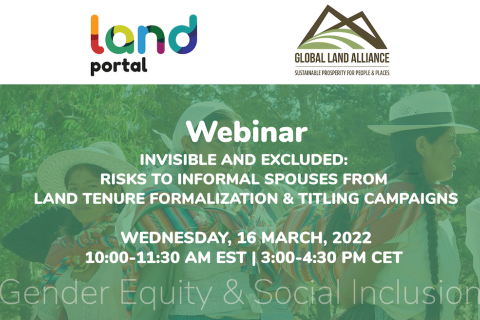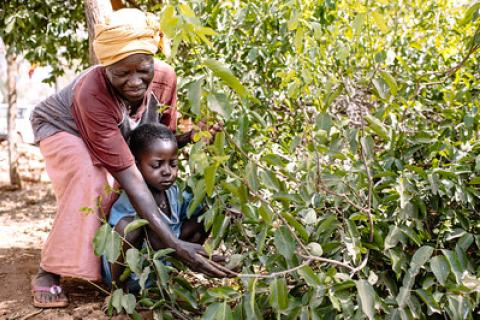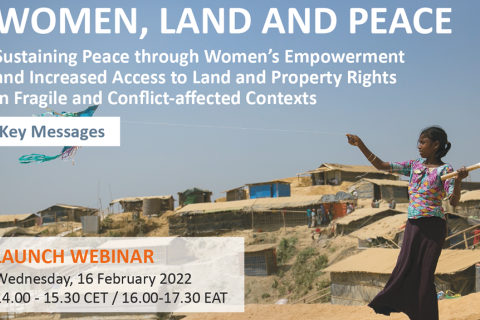Gender and Biodiversity : How Indigenous and Local Community Women Safeguard Nature
Indigenous women’s knowledge is rooted in ancestral understanding of the natural world and the accumulation of observations of local phenomena. The most significant aspect of Indigenous women holding and preserving these traditional knowledge is their holistic approach, which encompasses a wide range of domains beyond mere specialization. They possess an intricate understanding of various species, considering their nutritional value, medicinal properties, and ecological roles. This knowledge, passed down through generations, not only enriches their communities but has been crucial for western science. Indigenous women's insights have often informed Western understandings, leading to the development of medicines and a deeper understanding of climate phenomena such as droughts, floods, and biodiversity migration.
Women’s Participation in Land Governance in the Mekong: Moving Beyond Quotas to Meaningful Inputs and Influence
Join us in a webinar that will shine light on two groundbreaking reports concerning gender and land governance in the Mekong region. The reports, "Outlook on Gender and Land in the Mekong Region" and "Towards Gender-Equitable Land Policy and Law Making in the Mekong Region," were produced in Phase II of the Mekong Region Land Governance (MRLG) program. This is the first webinar in the series ‘State of Land in the Mekong region.’ This series highlights the evolving environment of land governance in this dynamic region.
Taking Data Back: Women’s Sovereignty over Land Data
The theme for this year’s International Women’s Day is “DigitALL: Innovation and technology for gender equality”. The day aims to celebrate women and girls who are championing the advancement of transformative technology and digital education. It will also explore the impact of the digital gender gap on widening economic and social inequalities.
Webinar: What Works for Women on Collective Lands? (Panel 2)
Sharing practical strategies for empowering women on collectively-held lands
Panel will be presented in English with simultaneous interpretation in Arabic, French, and Russian.
Webinar: What Works for Women on Collective Lands? (Panel 1)
Sharing practical strategies for empowering women on collectively-held lands
Showcasing transformative approaches for women’s land rights
This third Whose Land? webinar showcased gender transformative approaches on women’s land rights. Gender transformative approaches are defined by women acting as agents of change, transforming structural barriers and redefining gender norms. These approaches facilitate the participation of women in land governance decision-making processes, but require closing the land data gender gap.
Foro Generación Igualdad
Siete modos de cambiar el mundo
Convocado por ONU Mujeres y organizado conjuntamente por los Gobiernos de México y Francia, junto con la sociedad civil y la juventud, el Foro Generación Igualdad tendrá lugar en París del 30 de junio al 2 de julio.
10-Year Anniversary of the CFS Voluntary Guidelines on the Responsible Governance of Tenure of Land, Fisheries and Forests (CFS VGGT)
Secure tenure rights and equitable access to land, fisheries and forests are critical means of eradicating hunger and poverty, supporting sustainable development and enhancing the environment.
Invisible and Excluded: Risks to Informal Spouses from Land Tenure Formalization and Titling Campaigns
The Global Land Alliance (GLA) and the Land Portal Foundation invite you to join this webinar on 16 March, 2022 to learn about the risks to informal wives during land tenure formalization campaigns.
WORLD BANK CLIMATE WEBINAR | Women’s Land Rights and Access to Results-Based Climate Finance in REDD+ programs
To celebrate International Women’s Day, the Climate Funds Management Unit (SCCFM) will host a discussion of gender equality in results-based climate finance with experts in the field on March 7th.
Women, Land and Peace
UN-Habitat and partners will organize a webinar this month that will provide a wide array of government officials and stakeholders with the knowledge and key messages on how to help women not only retain land rights but also promote their role in conflict resolution and peacebuilding in fragile societies.

